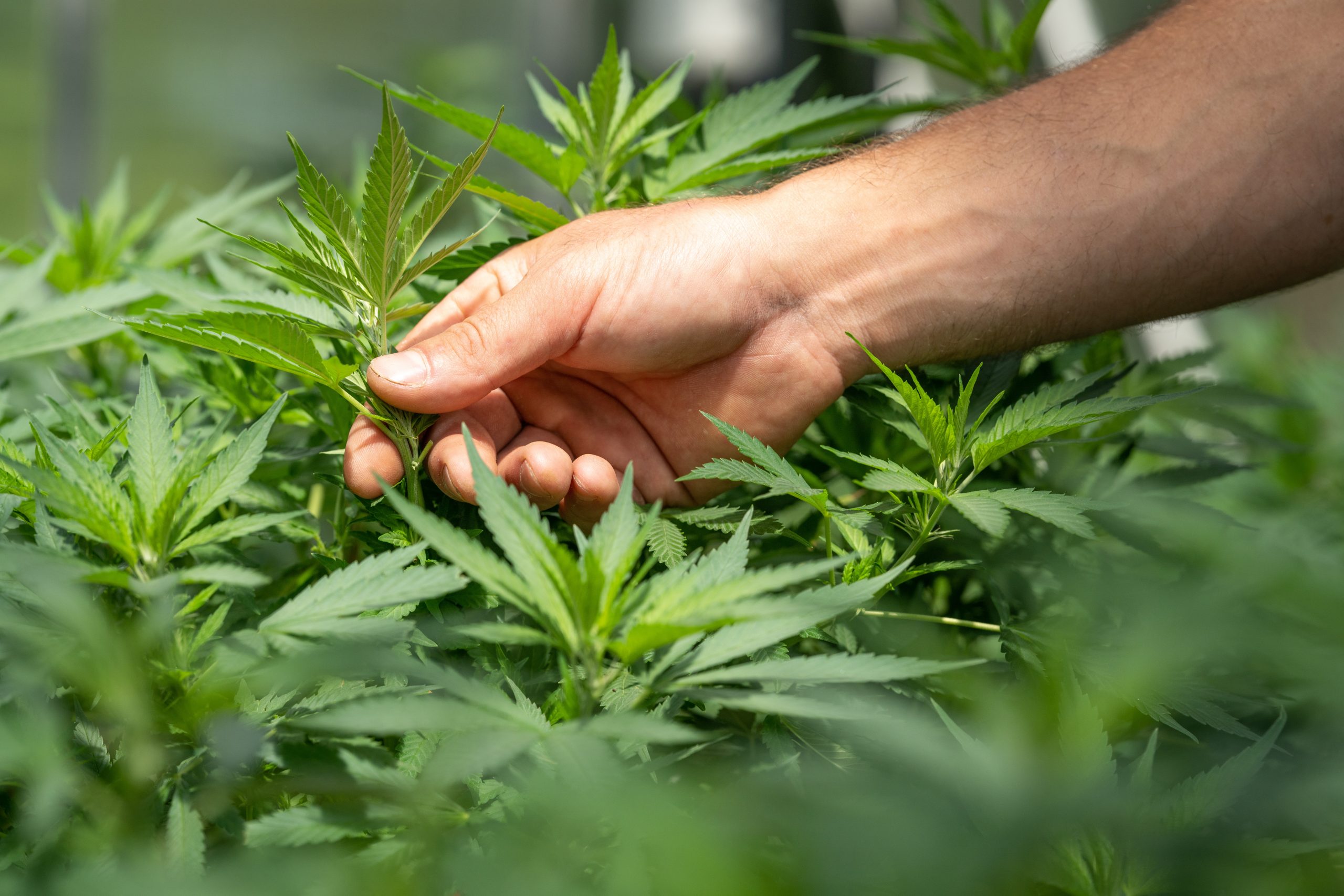The organic cannabis industry is snowballing, and the benefits of organic farming of marijuana seeds are becoming more evident. Organic farming practices have been around for centuries but have only recently become popular in the cannabis industry. Organic practices are not only better for the environment and people, but they also provide a higher return on investment.
What Exactly Is Organic Farming?
Organic farming is “agriculture that conforms to standards of sustainable agriculture.” That means that it doesn’t use synthetic pesticides or fertilizers, and it doesn’t use genetically modified organisms (GMOs). It also considers the needs of local communities and ecosystems so that industrial agriculture methods don’t harm them.
Benefits Of Growing Cannabis Organically
There are many benefits to growing cannabis organically:
- Organic marijuana is more potent than non-organic marijuana because it doesn’t have harmful chemicals like pesticides or herbicides applied to it.
- It’s safer to grow organically because there aren’t any chemicals being sprayed on it. Therefore, no harmful chemicals are being absorbed into your body.
- You can control what goes on in your garden without having to worry about pesticides or herbicides being sprayed on your plants. This means that you know exactly what is happening with your crop every day, so you can ensure that everything is done right and that nothing goes wrong with your marijuana crops.
- It’s a more sustainable approach to growing your plants.
- It’s good for the environment because it uses fewer resources and pollution.
Organic Alternatives to Fertilizer
1. Worm Castings
Worm castings are rich in organic nitrogen, potassium and phosphorus. They’re available in home garden centers and can be purchased in bulk or mixed with composting material. They’re also an excellent option for organic gardening because they won’t burn plants while decomposing.
2. Urine
Urine contains ammonia nitrogen (NH3), urea nitrogen (N2), uric acid (UA) and creatinine — all of which are needed for healthy plant growth. You can add urine to your soil directly or mix it with compost or other organic materials for fertilizer or soil conditioner use.
3. Tea Compost
Tea compost is an excellent soil amendment that you can use to fertilize your cannabis plants. Tea compost consists of dried tea leaves with a rich supply of nutrients and micronutrients essential for plant growth.
4. Bat Guano
Bat guano for weed is an excellent source of nitrogen, phosphorus, potassium and trace minerals. Nitrogen helps promote healthy root development, while phosphorus enhances leaf growth and flowering. Potassium helps maintain solid roots and encourages healthy plant development. Trace minerals provide additional nutrition for your plants.
5. Bone Meal
Bone meal has high calcium levels for root development and healthy leaf production. Calcium also plays a role in chlorophyll production which helps plants absorb more nutrients from the soil or hydroponic solution.
Composting
Composting is a wonderful way to recycle organic materials and turn them into rich, dark soil. It’s also a great way to add nutrients to your garden. Composting is an anaerobic process that decomposes organic matter without using oxygen. In fact, you can’t even see or smell it while it’s going on. But don’t let its lack of smell fool you; compost will create a rich soil amendment for your garden.
How To Carry Out Composting
It’s easy to start composting — you only need some kitchen scraps and paper products. These are the three things most people throw away: food waste (fruit and vegetable peels, ends from meat, bones), paper products (shredded paper) and grass clippings (from lawns).
Composting is a simple process that can benefit your garden, home and environment. You can follow these steps to carry out successful composting.
Step 1: Start with a clean bucket and fill it with compostable material.
Step 2: Cover the bucket with a tarp to prevent odors from escaping.
Step 3: Place the bucket in a location where it will not be disturbed or exposed to direct sunlight.
Step 4: Allow the composting process to take place for at least four weeks or as long as six months.
Step 5: Turn over the contents of your compost bin every few days, ensuring all materials are broken down into smaller pieces and mixed evenly throughout the pile.
Organic Pest Control
Organic pest control is a form of natural pest control that uses environmentally friendly methods to control pests without chemicals. It relies on the use of pesticides that are derived from plants or animals rather than synthetic ones. Organic pest control methods are usually less harmful to the environment and people and can be used when other forms of pest control have been exhausted.
Organic pesticides are a type of natural pesticide and are derived from plants or animals. They include honey, garlic, tea tree oil, peppermint, citrus and mint. You can use these organic pesticides to treat various pests, including ants, spiders, and mosquitoes.
Conclusion
If you grow cannabis organically, you will have a great yield of some of the nicest plants in the world. You will be helping preserve the environment and doing your best to help save it by not using chemicals that could taint our planet and its people. Let’s all do our part in keeping cannabis natural and organic.








